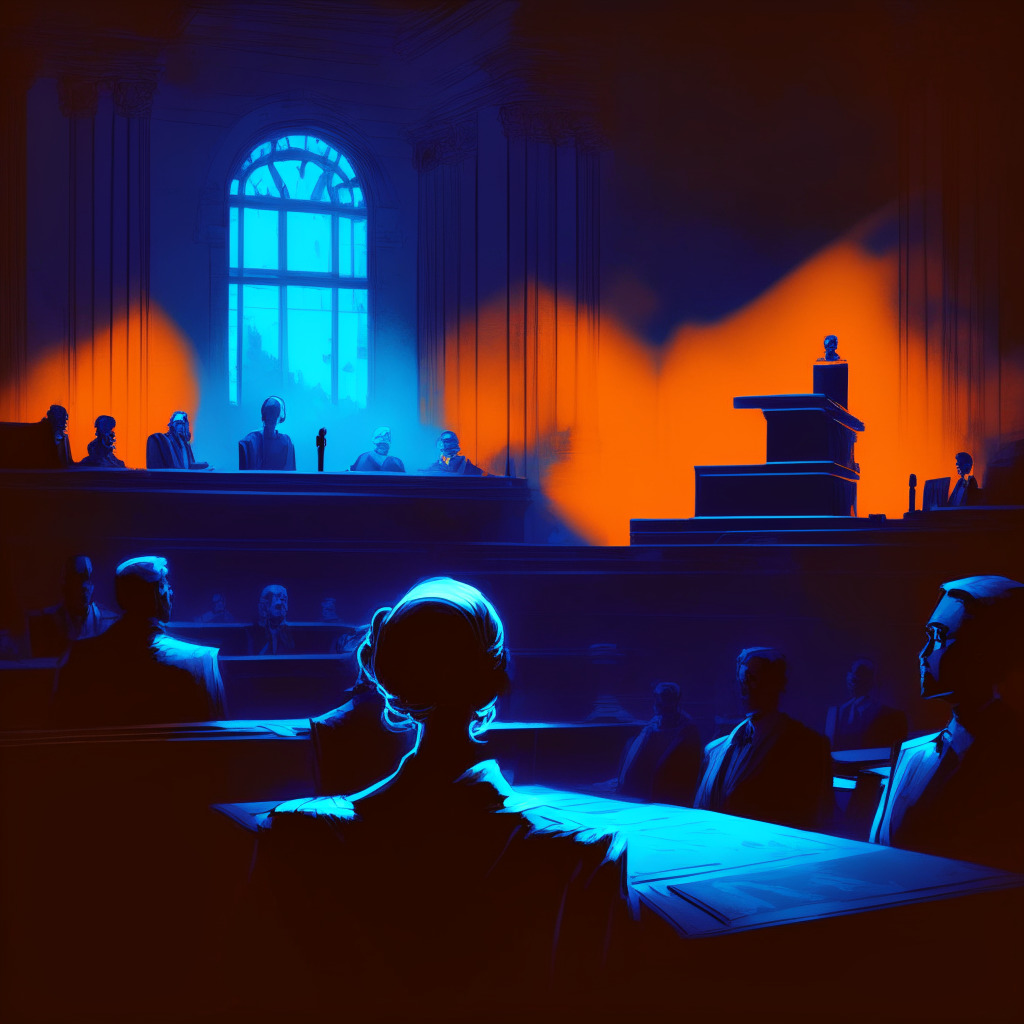The United States arm of the digital currency exchange, Binance.US, has recently criticised the ‘compel and reply’ motion filed by the Securities and Exchange Commission (SEC), deeming it as tolerably arduous and unreasonable.
The legal entity for Binance.US, BAM Trading Services, filed documents on September 12th, stating that the commission’s request for depositions is excessive. The commission sought to freeze assets related to the defendants following a consent order. It is now seeking fresh interrogatories and testimonies from CEO Brian Shrider and Chief Financial Officer Jasmine Lee. However, the defendant’s attorneys have countered this by stating that the CEO and CFO have no exclusive information or knowledge in relation to the expedited discovery provision topics identified in the consent order.
This brings to light the extensive access and information the SEC may demand, versus the actual hands-on involvement these executives may have. The question being, is the burden justified by the potential benefit? Or is it disproportionate to the consent order’s requirements?
In Binance’s defense, it’s attorneys have insisted that SEC’s claims border along custody, transfer and commingling of user assets, rendering the deposition request a lengthy reach since the staff with direct knowledge on the matter, including the chief information security officer Erik Kellogg, have voluntarily offered depositions.
Binance.US and Coinbase were both pointed out by the SEC this June, allegations both institutions have vehemently denied and have pledged to staunchly defy.
The ongoing situation strengthens the contention between regulatory entities and crypto institutions. Binance’s lawyers have accused the Commission of misleading and mistaken allegations, arguing that the SEC has failed to point out sound evidence to establish its case.
But the SEC, led by Gary Gensler, is unbudged by criticisms or court losses. Expectations are rife for Gensler’s presence at the US Senate Banking Committee hearing, where he is likely to pitch his testimony on regulation’s status quo,. Gensler’s take on the industry’s wide-ranging noncompliance with security laws suggests the unfolding story echoes old patterns.
As the complexities unfold, it kicks into gear a broader discussion. Is the SEC’s increased regulatory scrutiny leading to a stifling scenario for crypto institutions, or lending a greater degree of legitimacy and safety to an often volatile and unpredictable market? The outcome is yet to be decided.
Source: Cryptonews




